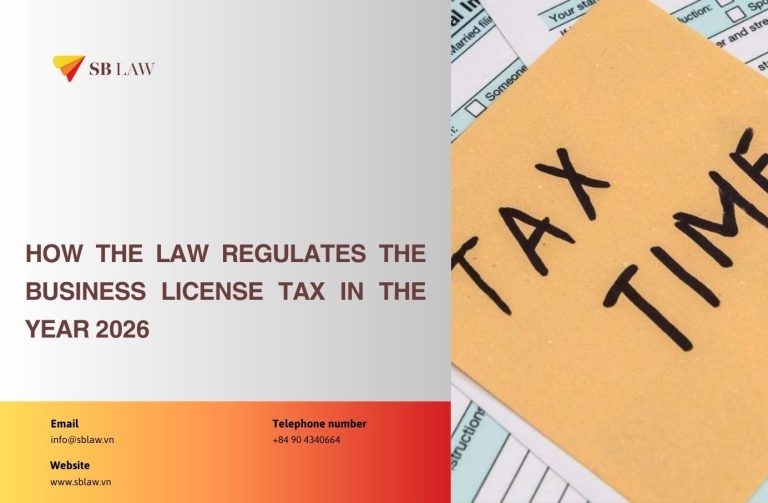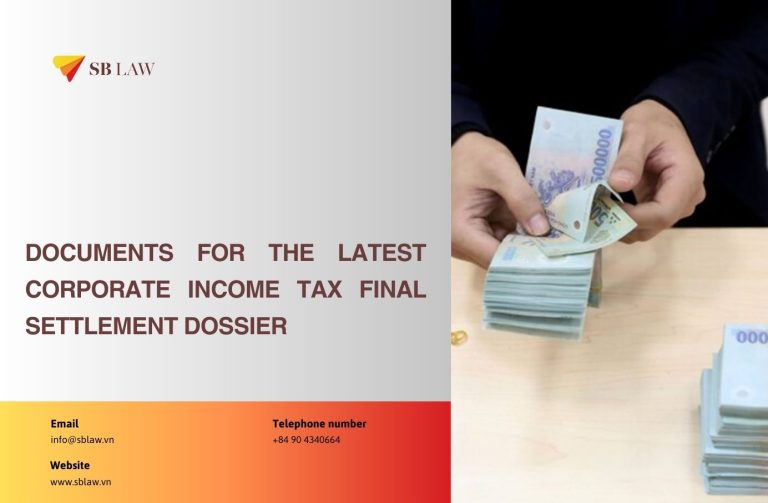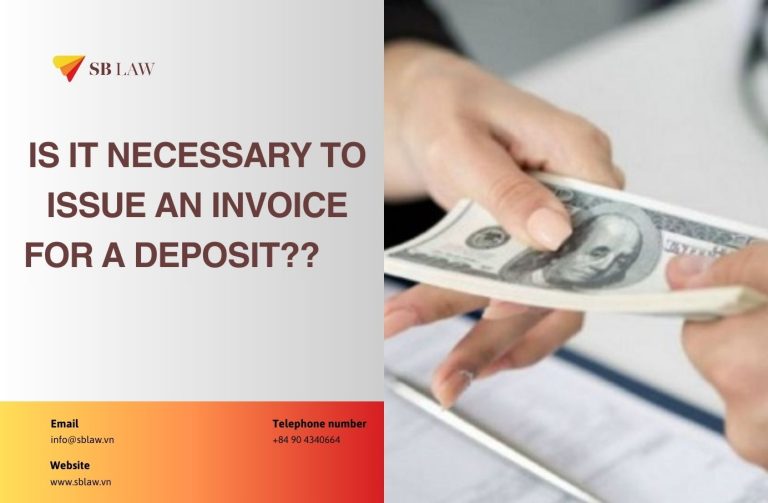Vietnam's industrial zones (IZs) have emerged as a focal point for foreign direct investment (FDI) in Southeast Asia. This attractiveness can be attributed, in part, to the government's strategic implementation of a preferential tax regime within these designated areas. This regime offers significant financial incentives for businesses seeking to establish operations in Vietnam, fostering a robust and competitive investment environment.
Preferential tax policy refers to a set of tax incentives and benefits provided by the government to promote investment and economic activities in specific sectors or regions. In the context of IZs in Vietnam, preferential tax policy is designed to encourage businesses to set up operations within these zones, providing them with financial advantages and reducing their tax burdens.
The specific tax benefits offered within the regime can vary depending on the specific IZ and the type of business activity. However, some common elements include:
Corporate Income Tax Incentives:
One of the key tax incentives for IZ enterprises is the corporate income tax exemption or reduction. Industrial zone businesses may enjoy a complete exemption from corporate income tax for a specific period, which varies based on the location and scale of the investment. Additionally, reduced tax rates may be applied to industrial zone enterprises, offering them a competitive advantage and encouraging further investment.
Import – Export duty Exemptions or Reductions:
These incentives include exemptions and reductions on import and export duty, making it financially advantageous for businesses to engage in international trade within IZs. Such benefits can significantly reduce production costs and enhance the competitiveness of IZ businesses.
Value-Added Tax (VAT) Exemptions:
IZ enterprises may also be eligible for value-added tax (VAT) exemptions. This means that goods produced within IZs may be exempted from VAT, reducing the overall cost of production for businesses. VAT exemptions facilitate smoother business operations, promote industrial growth, and contribute to cost savings for IZ enterprises.
Customs Duties Incentives:
To further support industrial zone businesses, the Vietnamese government provides customs duties incentives. IZ enterprises can enjoy exemptions on customs duties for imported raw materials and machinery used in their manufacturing processes. This reduction in customs duties lowers production costs, enables businesses to access necessary inputs at a lower cost, and enhances their overall competitiveness.
Favorable Land Use Incentives:
Reduced land rental fees or exemptions from land use levies can significantly decrease a company's operational costs.
The preferential tax policy for IZs in Vietnam plays a significant role in the country’s economic development. By offering a range of tax incentives, the government encourages businesses to invest in these zones, leading to job creation, technological advancements, and economic growth.




